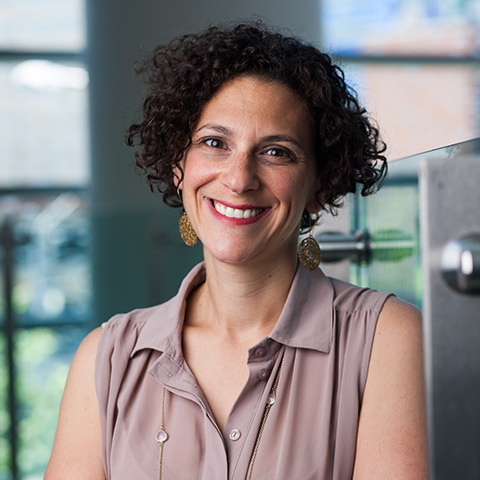
Dr. Sufrin serves as a member of the Council’s Women’s Justice Commission.
Dr. Carolyn Sufrin, MD, PhD, is a medical anthropologist and an obstetrician-gynecologist specializing in complex family planning at Johns Hopkins University, where she is associate professor in the Department of Gynecology and Obstetrics and associate director of the Center for Medical Humanities and Social Medicine at the School of Medicine; she also holds appointments at the Berman Institute of Bioethics and in Health, Behavior and Society at the Johns Hopkins Bloomberg School of Public Health. She has worked extensively on reproductive health issues affecting incarcerated women, from providing clinical care in jail, to research, policy, and advocacy. Her work is situated at the intersection of reproductive justice, health care, and mass incarceration, which she examines in her book, Jailcare: Finding the Safety Net for Women Behind Bars.
Dr. Sufrin obtained her undergraduate degree in anthropology and chemistry from Amherst College, a master’s degree in social anthropology from Harvard University, and her MD from Johns Hopkins University. After her residency in Obstetrics and Gynecology at the University of Pittsburgh, she completed a fellowship in family planning at University of California, San Francisco, where she also obtained a PhD in medical anthropology. Dr. Sufrin continues to do research and advocacy dedicated to improving reproductive health care for incarcerated women and to contributing to broader conversations of criminal legal system reform.

The Council on Criminal Justice is founded on the belief that a fair and effective criminal justice system is essential to democracy and a core measure of our nation’s well-being.
Your tax-deductible support ensures that the Council can advance solutions that enhance safety and justice for all.